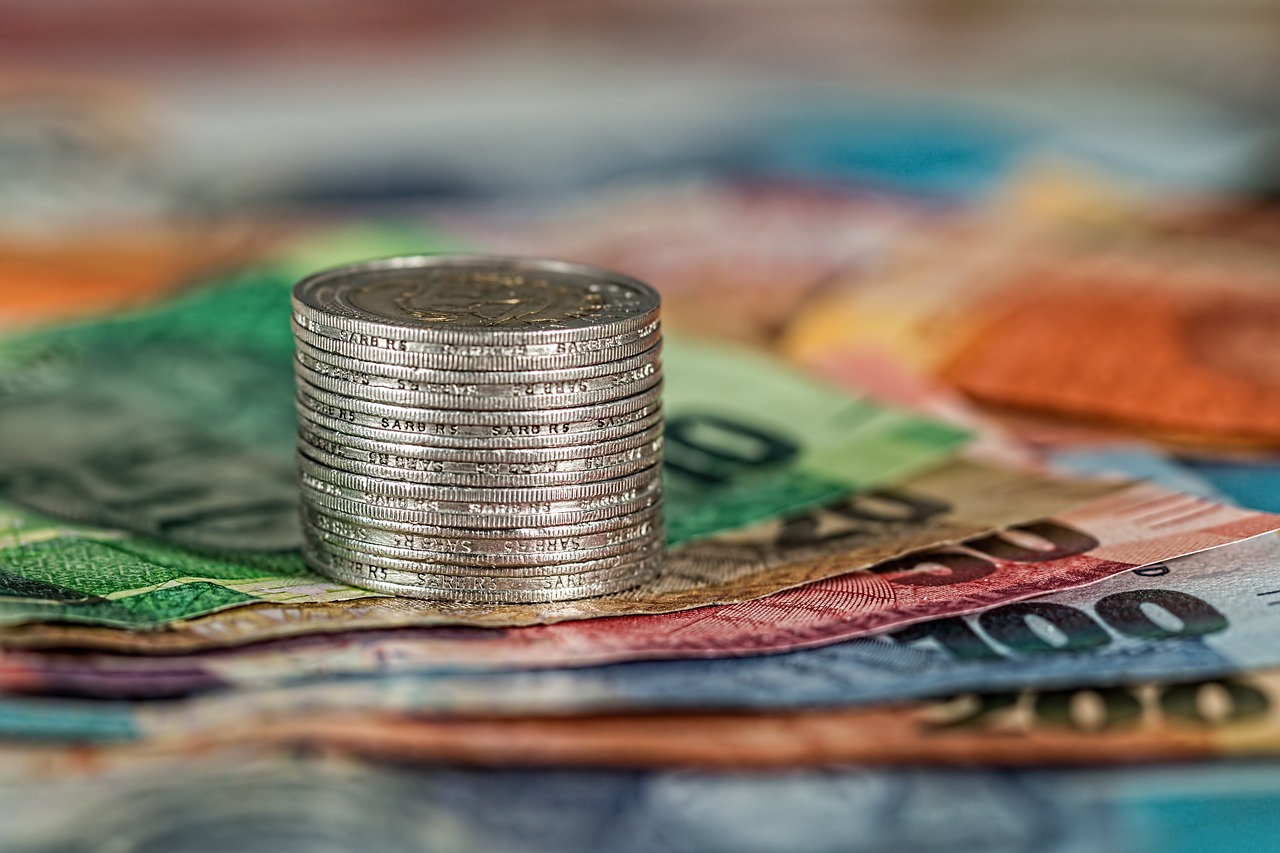
There’s nothing wrong with exploiting more than one revenue stream from your live shows. Apart from the obvious ways of making money, such as ticket sales, here are a few ways that you may not have thought of to profit from your audience.
1. Live Stream Your Show
Streaming is a great way to reach a worldwide audience without touring. This gives you an opportunity to build a much larger following than what you would normally achieve at your local pub. Today, thousands of people pay money to watch gigs online. If you can offer a good show, you’ll end up making much more than your local pub owner can pay you.
There are a number of online platforms that are able to host and stream your live show on your behalf. In addition to that, they handle the financials and ticket sales. An example of such a service is StageIt.com. This platform allows artists to sell tickets to a performance at a price that they choose. An audience can also tip artists throughout a performance.
You don’t need expensive equipment to make good profits with live streaming. A simple webcam and microphone setup is all that’s needed.
2. Accept PayPal Donations
As entertainers we don’t necessarily want to “beg” our audience for money. PayPal donations make for a great way to mask the donation process with a professional front. This works well if the intention is for using the money for a goal, such as recording an album or financing a tour.
You can offer your audience information cards with your PayPal details. PayPal makes this easy with their PayPal.me service. It allows you to create a custom link to your donation page. Your fans simply need to visit the page, enter their desired donation amount and click submit.
You could also take the old-fashioned route of using a hat or some container in order to collect donations. You might want to check with the venue owner before doing this, though.
3. Make a Video Collage
Consider recording a video from a series of live performances, or documenting them in some way. You can then make a video compilation of some of the best moments in order to sell to your fans at a later stage as part of your merchandise.
Backstage interactions, or touring together as a band can make for great moments to document. You can then use this footage to compile a documentary to go along with your album sales. Fans love this sort of thing, and they will definitely reward you for rewarding them.
You may also consider outsourcing the editing process to a professional company, if you’re unable to do it yourself. This will guarantee you a quality product to present to your fans.
4. Record a DVD
Let’s face it, this idea seems a bit daunting which is why many bands wouldn’t consider it. The reality is, however, that a great DVD won’t only bring you revenue, it makes for great exposure too.
This works well if you’re in the professional circuit. In order to create a quality product a lot of rehearsal is required to ensure a quality performance. You also want to avoid correcting mistakes afterwards, so generally a lot of work can go into something like this.
If you want to have multiple camera angles and a professional audio track, you will need to outsource the recording process. If this is the case, you will need to factor in the cost of sales in comparison to recording the footage.
If you have a large fan base, then this can be a great revenue booster in addition to CD sales.
6. Sell Merchandise
You can’t go wrong with this tactic, and many brands use it as an additional revenue and promotional stream. This is evident from Coca-Cola through to Facebook.
After live performances people are in a “feel good” mode, and this is a huge emotional trigger to make some sales on CD’s, T-shirts, plectrums, pens, stickers and anything else you can think of. I’ve personally had a lot of success doing this, and if you’re not exploiting this revenue stream then you should strongly consider starting right away.
For larger events you may need an assistant to sell your merchandise on your behalf. Dealing with a large audience could be overwhelming, and having a dedicated merchandise table with someone else running it will be of huge aid.
6. Collect Commissions
If you have a good relationship with a particular venue, you could try arranging commission on a particular meal or drink. For example, if there is a specific pizza topping or drink combination that your band enjoys, you could ask the venue to add this combination to their menu in exchange for a small commission on each sale.
If you’re drawing a strong audience each time you play, then this could be a meaningful arrangement. If you announce the special at the right time during your performance, you’re bound to make a few sales.
If you’re playing at a restaurant or a more formal type gig, you could try arrange for CD or merchandise sales to be added to a customers bill.
7. Secure Sponsorship Deals
These can be difficult to secure unless you’re a working professional. If you’re in the spotlight with a lot of gigs or YouTube hits, you’re likely to be in a position where you can secure a deal.
Sponsorship doesn’t really entail your ability to play music well. Companies approach these deals from a financial perspective, which means they want to make revenue by sponsoring you.
It usually involve some discount on gear as well as some promotion on behalf of the company. If you’re a working professional, companies may factor in the cost of new strings and the cost of replacing faulty gear.
